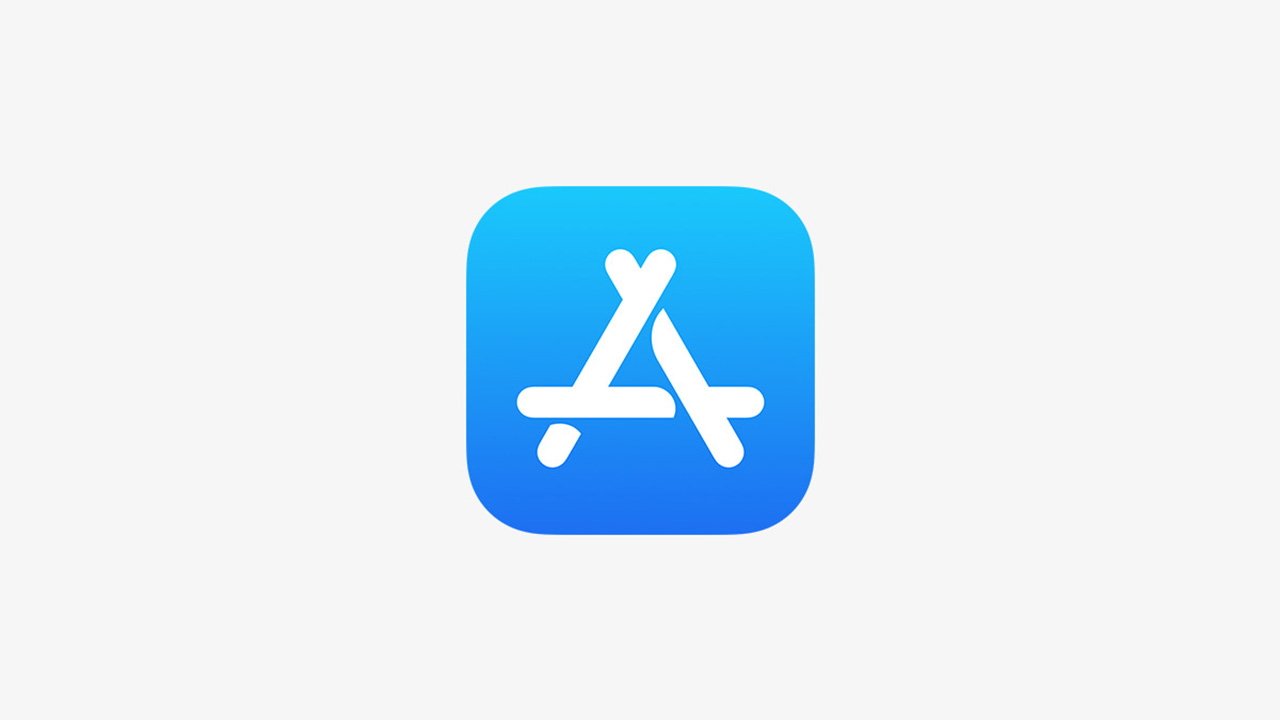Apple pulled a record 439K apps in Q2, including abandonware
Apple and Google delisted almost 600,000 apps combined from their respective app stores, amidst a wide crackdown by Apple on abandoned applications.

App Store
According to a new report from fraud protection firm Pixalate, Apple and Google delisted 592,000 apps from the App Store and Google Play, respectively, in Q2 2022. That's a major increase from the 220,000 apps the two firms delisted in the first quarter.
Apple removed 439,000 apps in the second quarter, an 8,652% increase from Q1 2022. Combined, the Apple App Store apps had nearly 40 million user ratings.
The main reason Apple delisted apps during the second quarter appeared to be a lack of updates for years. Among the apps that Apple delisted, 64% had not received a software update for at least two years or more.
There was also a 100-fold increase in the removal of "Health & Fitness" apps by Apple in the second quarter, including at least 178 family planning apps.
According to Pixalate, 31% of delisted apps on Apple's App Store had no stated privacy policy. At least 19 apps delisted in the second quarter on the App Store were linked to Sberbank, a Russian-owned business.
Although delisting an app removes its product page from the App Store, users who have already downloaded the app will still have it on their devices. As such, they may still pose a safety or privacy risk.
Read on AppleInsider

App Store
According to a new report from fraud protection firm Pixalate, Apple and Google delisted 592,000 apps from the App Store and Google Play, respectively, in Q2 2022. That's a major increase from the 220,000 apps the two firms delisted in the first quarter.
Apple removed 439,000 apps in the second quarter, an 8,652% increase from Q1 2022. Combined, the Apple App Store apps had nearly 40 million user ratings.
The main reason Apple delisted apps during the second quarter appeared to be a lack of updates for years. Among the apps that Apple delisted, 64% had not received a software update for at least two years or more.
There was also a 100-fold increase in the removal of "Health & Fitness" apps by Apple in the second quarter, including at least 178 family planning apps.
According to Pixalate, 31% of delisted apps on Apple's App Store had no stated privacy policy. At least 19 apps delisted in the second quarter on the App Store were linked to Sberbank, a Russian-owned business.
Although delisting an app removes its product page from the App Store, users who have already downloaded the app will still have it on their devices. As such, they may still pose a safety or privacy risk.
Read on AppleInsider

Comments
It's up to the developer to commit to regular refreshes which might require rewriting portions of the code, sometimes extensive amounts.
I would rather see the Apple Appstore becoming the 'premium' App provider that adds a true quality control, while leaving the garbage to some 3rd party provider. Right now the Apple Appstore is a cesspool of all kind of apps that sometimes even trick people out of their money for essentially nothing, just because they don't want to suffer lawsuits for being too restrictive. This hurts Apple's image significantly. But the Chief Excel Operator is obviously more interested in profit margins than the Apple brand right now.
On one other point, I don’t think Apple can be considered a monopoly. There are a number of alternatives. However, it is entirely fair if Apple controls the content and operation of software run on its hardware. Apple hardware and software combined are far more secure than, say, MS operating systems because hardware and software are integrated. If developers are allowed a free-for-all the security will be compromised. If a developer wants to run its app on an Apple device it should (a) tie in with Apple infrastructure and (b) pay Apple for the ability to do so.
Since a lot of app updates are directly tied to fixing security issues, it is safe to assume that apps that are not updated pose a greater security risk. It’s not uncommon for some underlying software functions (some of which are in statically linked libraries) to fall out of favor for security reasons. The owner of these “unsafe” functions will generally mark them as deprecated to encourage programmers to quickly move away from them and not use them in future releases of their apps. If an app isn’t updated then it’s more likely that “unsafe” functions are still out there in the wild and presenting a security vulnerability for the device they are installed on.
If the developer doesn’t take action, especially when it comes to security, Apple is obliged to step in to preserve the integrity of the platform and ecosystem.